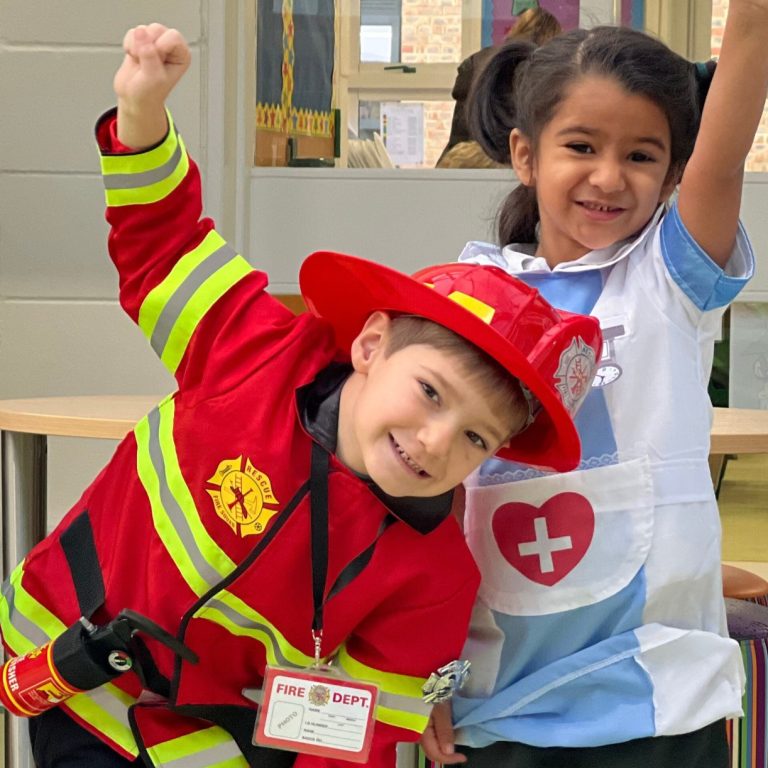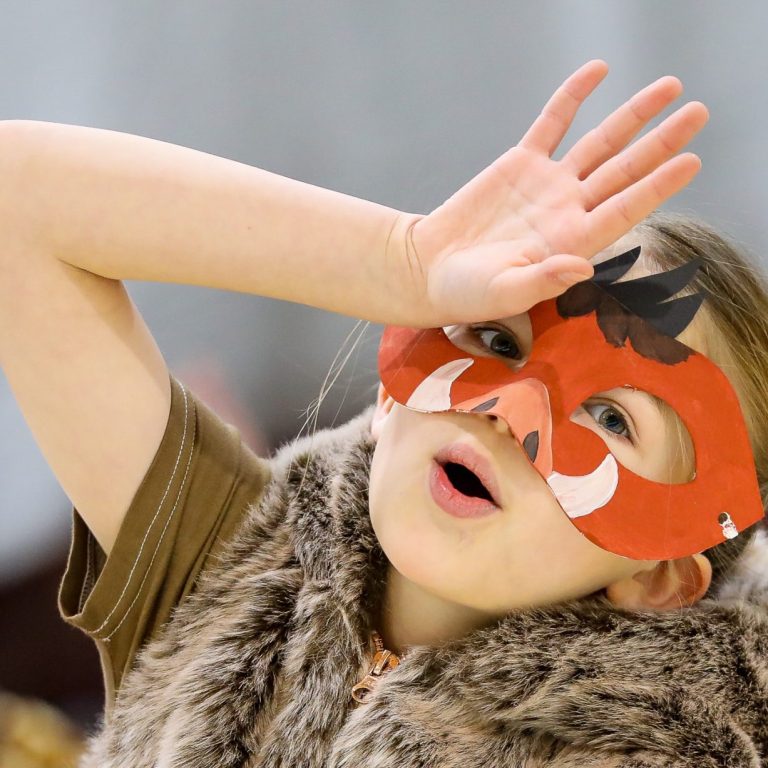The Early Years Education we deliver at Greenfield is ambitious and carefully sequenced to help the children build on their learning over time. The prime areas of learning lay the foundations for children’s success in all other areas of learning and of life. In Fledglings, Owls and Robins, children will engage in activities that will encourage children’s curiosity and enthusiasm for learning. These skills are a driving force behind helping children as they learn to form relationships, moderate emotions and thrive in their day-to-day life. As the children move into Reception, there is a greater focus on teaching the essential skills and knowledge in the specific areas of learning in preparation for Year 1.
Our Curriculum
We deliver The Early Years Foundation Stage (EYFS) which sets standards for the learning, development and care of children from birth to five years old. Our pedagogy is a combination that is curated to fit the needs of the child. Each child requires a different diet including time on the carpet, self-directed time, teacher led time and indoor and outdoor play. Activities and lessons are planned carefully and Early Years staff plan in collaboration with each other to ensure continuity and progression. We are guided by the EYFS as our top-level plan of everything we want the children to achieve in Early Years. The breadth of the curriculum from an early age encourages and develops skills from the very beginning of the children’s education.


